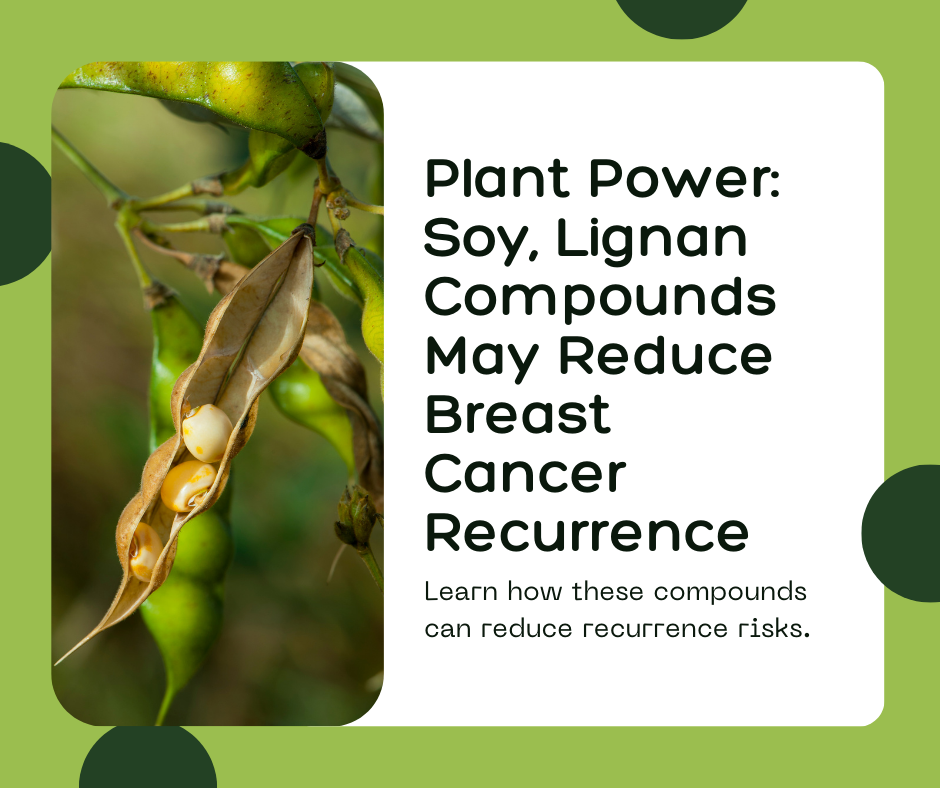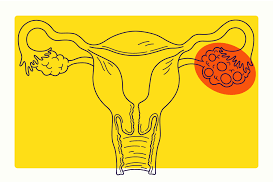Plant Power: Soy, Lignan Compounds May Reduce Breast Cancer Recurrence
Date:May 2, 2024
Source:Johns Hopkins Medicine
Summary:Soy compounds called isoflavones are among the plant-derived compounds that may significantly reduce the risk of breast cancer recurrence or death, according to a new meta-analysis.
A new study offers promising news for breast cancer survivors.
Researchers analyzed data from multiple studies and found that certain plant-based compounds might significantly reduce the risk of breast cancer recurrence or death.
Soy’s Potential:
The study focused on isoflavones, compounds found in soy. Analysis of six studies involving over 11,800 women suggests that consuming soy isoflavones could decrease the risk of breast cancer recurrence by 26%.
This effect was most pronounced in post-menopausal women. Interestingly, the greatest benefit seemed to come from consuming around 60 milligrams of isoflavones daily, which is roughly equivalent to two to three servings of soy products like soy milk, tofu, or cooked soybeans.
Beyond Soy: Enterolactone Steps Up:
The research also shed light on enterolactone, a compound formed in the gut when the body metabolizes lignans, naturally occurring plant substances.
The study revealed a 28% reduction in breast cancer-specific mortality and a surprising 31% decrease in death from any cause for post-menopausal women with high levels of enterolactone.
Sources of lignans include flaxseeds, cashew nuts, broccoli, and Brussels sprouts. It’s important to note that calculating an effective dietary dose of lignans based on enterolactone levels is difficult due to individual variations in gut microbiome composition, which impacts the metabolism of these compounds.
Green Tea and Lignans: Suggestive Findings:
The study also yielded suggestive results for green tea and lignans. Green tea consumption hinted at a potential 44% reduction in breast cancer recurrence risk for women diagnosed with stage I or II breast cancer, particularly with higher daily intakes (three to five cups or more). However, these findings require further investigation with more robust studies.
Similarly, pre-diagnosis consumption of lignans showed a non-significant but intriguing trend: a 34% reduction in cancer-specific mortality and a 19% decrease in all-cause mortality for post-menopausal women.
Interestingly, pre-menopausal women consuming high levels of lignans seemed to have an increased mortality risk. This suggests that lignan effects are likely influenced by hormonal fluctuations and require further exploration.
Cruciferous Vegetables: Inconclusive but Worth Exploring:
The study’s findings regarding cruciferous vegetables were inconclusive, possibly due to the low average intake (less than half a cup daily) reported in the analyzed studies.
Further research with higher intake levels is needed to determine these vegetables’ potential impact.
Timing and Dosage: Key Questions Remain:
Unfortunately, the data couldn’t definitively answer whether consuming these plant-based compounds before or after diagnosis makes a difference.
Green tea and lignan studies only measured pre-diagnosis intake, while soy results included both pre- and post-diagnosis data.
Important Takeaways:
The researchers emphasize that these studies involved women who received medical and/or surgical treatment for breast cancer. These plant-based compounds should not be viewed as replacements for conventional treatment options.
This research paves the way for further investigation. Future studies should focus on determining optimal dosages for these compounds and clarifying whether post-diagnosis consumption offers similar benefits to lifelong dietary integration.
This knowledge would be invaluable for guiding dietary decisions for breast cancer survivors.
Additional Authors:
This study, co-authored by Dr. Diana van Die from NICM Health Research Institute and Dr. Channing Paller from Johns Hopkins, also included researchers from Integria (MediHerb), the Danish Cancer Institute, Imperial College London, Oslo New University College, and The Cancer Registry of Norway. Dr. Kala Visvanathan from Johns Hopkins Kimmel Cancer Center served as a co-author as well.
Story Source:
Materials provided by Johns Hopkins Medicine. Note: Content may be edited for style and length















Leave a Reply